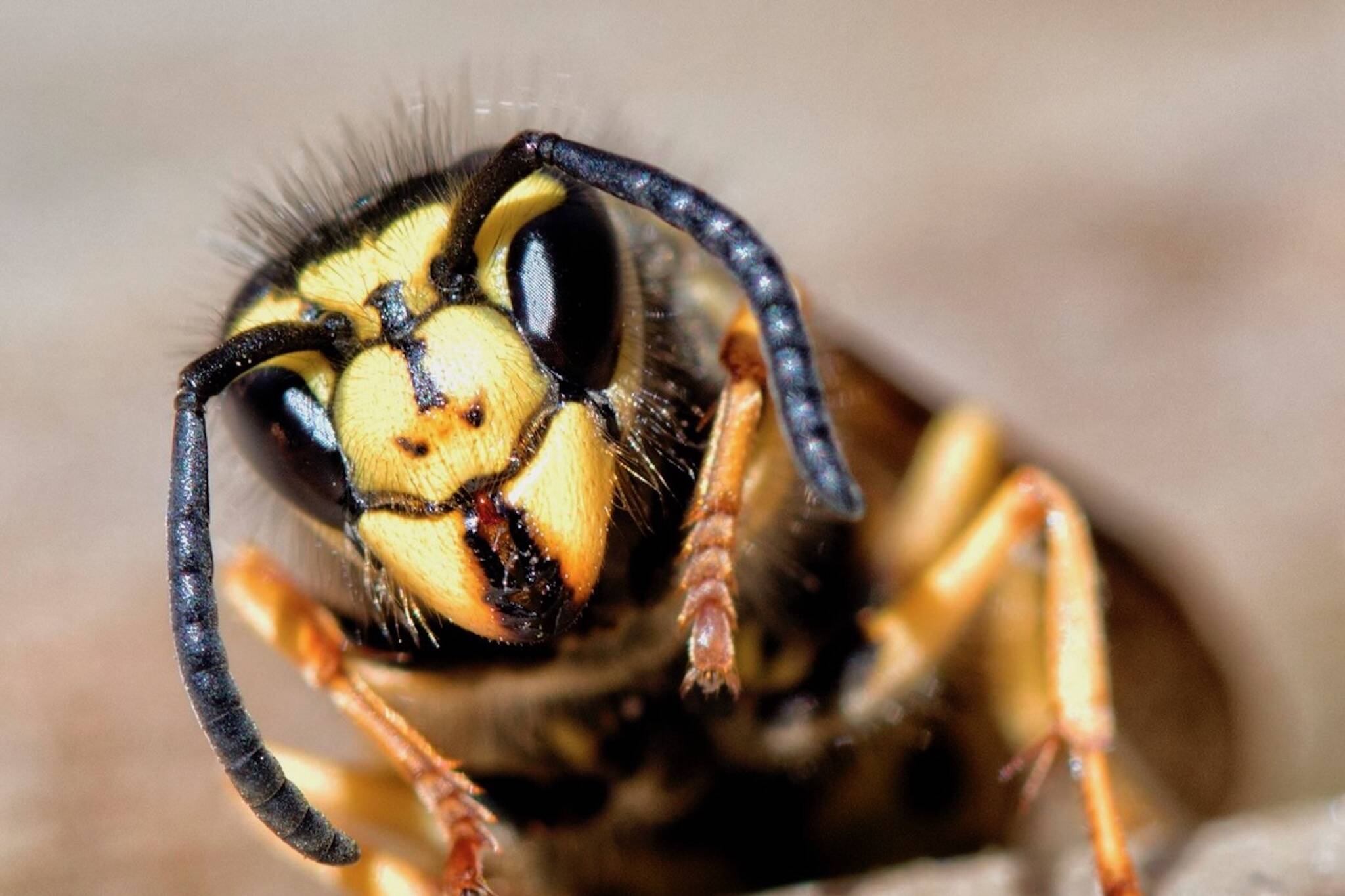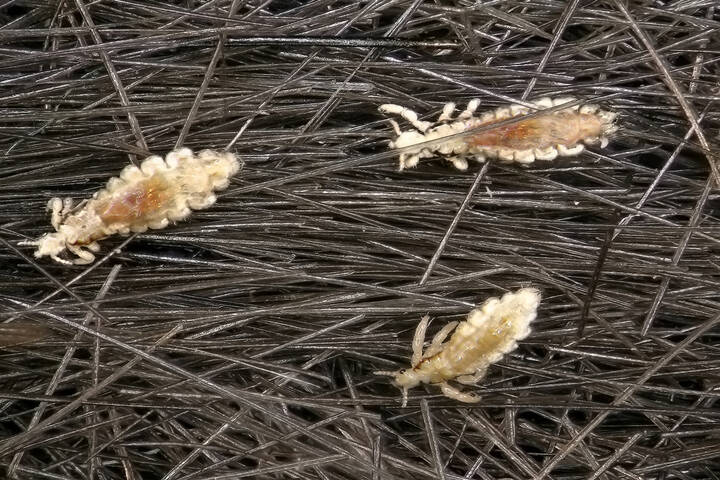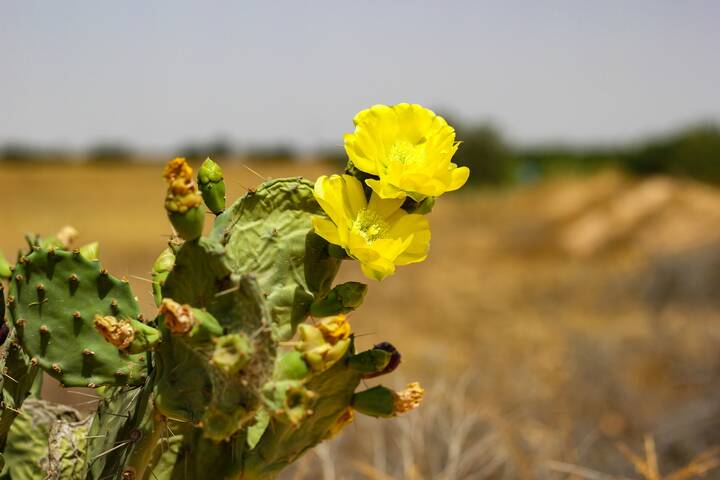
It's that time of year when Toronto is under attack by swarms of wasps
It's that time of year again when virtually every backyard function, patio meal, or picnic in Toronto is infiltrated by swarms of aggressive wasps as colonies reach their peak.
According to Environmental Pest Control, the most common "nuisance" wasps in the province are yellow jackets, paper wasps, mud daubers, and bald-faced hornets.
These wasps are attracted to sweet foods and drinks, especially those containing high fructose corn syrup, as well as garbage, decomposing meats, perfume, and cologne — which explains why they love to pop up unannounced to your outdoor parties.
Wasp nests typically reach their maximum size in September, and it's exactly during this time when you'll notice more of them hunting for high-protein foods for their larvae.
THERE TORONTO WASPS ARE OUT OF POCKET
— Catarina Costa (@TheCCosta) August 28, 2023
Their nests are created and ruled by the queen, who mates with a male wasp in the fall season and will store sperm and go dormant in the winter. During the spring, she becomes active again and lays eggs that will eventually become female worker wasps.
The end of the summer also marks the point when male wasps are born and leave the nest in search of females to make new queens.
Being forced to deal with wasp season in Toronto is just RUDE.
— Holly McNeill (@Wally_Holly15) August 6, 2023
We already don’t get enough summer as it is, it’s so unfair we then spend our final chunk of summer weather battling wasps.
Despite their important work as pollinators, some wasps are known to be aggressive and won't hesitate to sting you if they feel threatened. If you come into contact with a wasp, it's important that you try your best to remain calm and move slowly to avoid being stung.
However, some wasps may still sting you even when they're seemingly unprovoked — and unlike bees, these confrontational pests can sting you more than once.
Im all for nature and saving the insects etc etc but the wasps in Toronto gotta go 😭
— brittany (@humblebtattoo) July 25, 2023
Reactions to wasp stings can vary dramatically, from some minor swelling, redness, and itching at the sting site to more severe reactions like anaphylaxis. If you happen to experience severe symptoms like unusual swelling, itching, dizziness, or shortness of breath, get medical attention right away.
Mild reactions can be treated at home by washing the sting area with soap and water, applying a cold pack to the sting site, keeping the wound clean and dry, and covering it with a bandage if desired.
The good news is that wasps are beneficial to the province's ecosystem in many ways, and you'll notice their overwhelming presence decrease as temperatures slowly cool up.
For now, it's probably in your best interest to enjoy your sugary drinks and treats indoors.
Latest Videos
Latest Videos
Join the conversation Load comments







